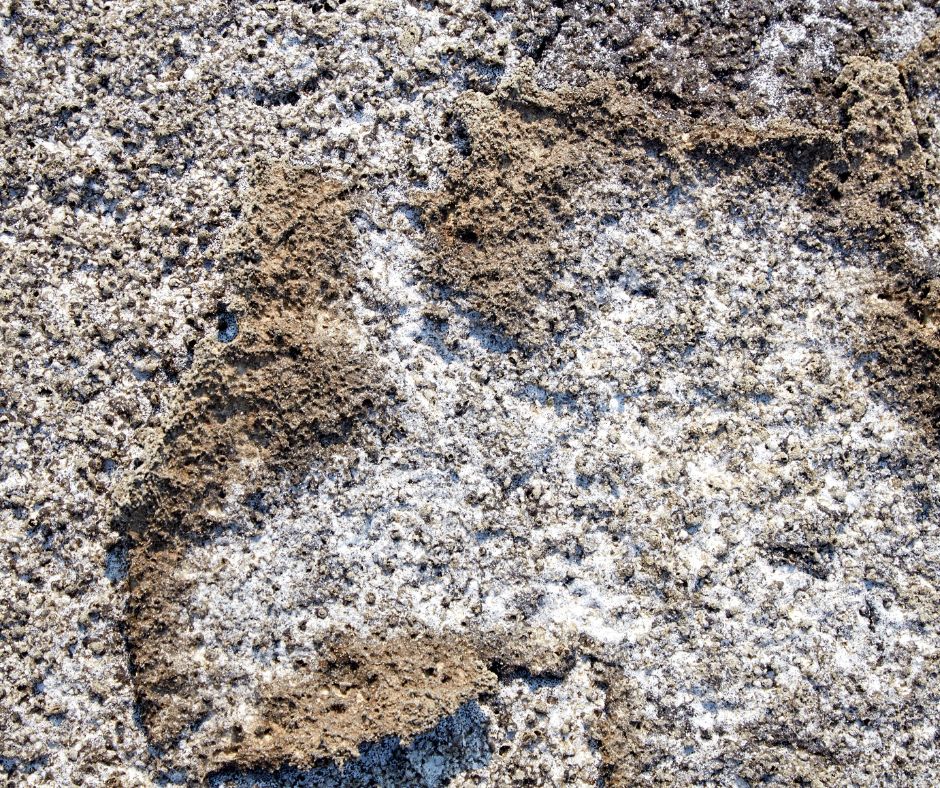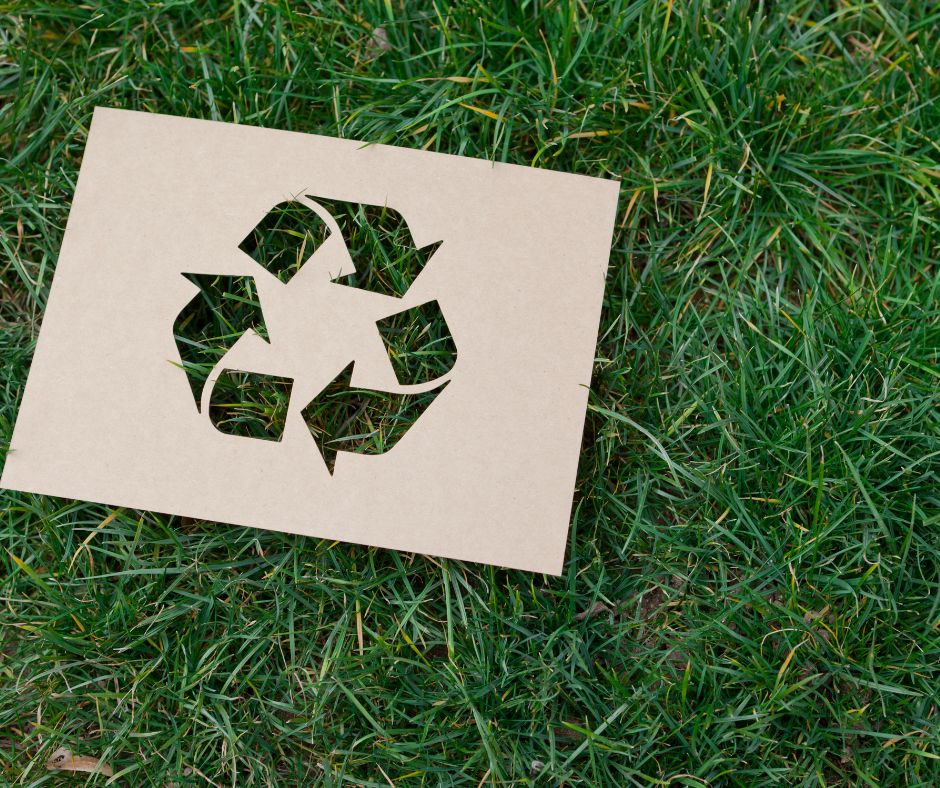The Good and The Not So Good!
In the world as we know it today, and with all the conversations around climate change, there is one thing that is certain. Water is the most critical natural resources on this planet. Whether you believe in climate change or not it is imperative that all of us understand the scarcity of Potable (Drinking) Water in our future.
In my travels, I am never amazed to see what some municipalities are doing to conserve water resources, whether it is proactive or reactive does not matter. What matters is that they are doing something. Case in Point, Wichita Falls, Texas is blending Effluent water from their wastewater stream with source water from their city reservoir to create drinking water for the city. Wichita Falls was one of the first to use their valuable effluent water in this manner, but many other cities are now looking into this technology.

Other cities are currently using effluent water from wastewater plants to irrigate the local golf courses or the city’s parks and landscaping. All of these are great uses of effluent water resources. Any city that can justify the cost of installing purple pipe (wastewater reuse pipe) for irrigation should make the leap to do so.
The upside of using effluent water for irrigation is that it often contains nutrients, such as nitrogen and phosphorous compounds that are beneficial to grass and landscaping. Golf course, streetscapes, city parks, sports complexes large subdivisions and even some agriculture, can all benefit from using effluent water.
I have never understood, why any city would want to use treated (drinking water) to irrigate a home owners’ lawn, city park, city sports complex or golf course. Raw water for irrigation is one thing, but treated water is another. In my opinion even, raw water should be used very sparingly for non-agricultural irrigation purposes.
What are the positives of using effluent water? MONEY and it is better for the environment. You should charge for it. Just like potable water, charge for the quantity used especially to any end user that is not a part of city government.
The biggest negative for using REUSE WATER is not the actual water, it is public perception. How do you adjust public opinion? The answer is always education, education, education.
What are some of the other negatives to consider? The cost of running purple pipe. But every new subdivision, golf course or park could/should be required to use it.
Water Rights in some states do not allow the use of effluent for irrigation or have recharge limits affecting the use of effluent.
Your city may not have to buy as much fertilizer from the local fertilizer dealer. Not sure if this is a benefit or a negative, definitely a cost savings to the community. You will spend less on fertilizers and less on creating potable water for irrigation.
Probably the next most important negatives, we see is that effluent water can be heavily loaded with salts/sodium. Although the technology has been changing, I have seen wastewater effluent with sodium levels as high as 7000 parts per million (ppm). Salts can be detrimental to having a balanced soil and can affect plants if allowed to build up in the soil. When the sodium levels get too high then it will effect the root zone of the plant and will cause plants to die or not develop adequate roots. Without adequate root systems on plants, their access to water and nutrients is reduced causing them to be less heat tolerant, which requires even more water. If the sodium level is high enough it will kill the soil microbiology on which the plant depends for many micro nutrients.
What we have witnessed over the years is, the most susceptible plants to sodium contamination are the evergreen trees and shrubs. In many cases, we see all the needles turning brown and falling off of the trees where there is overspray from irrigation. Eventually, in a few years the entire tree will die.
In a recent publication from Farmington, New Mexico they outlined some of the causes for high salts in wastewater and more importantly how to reduce salts. The most important way to reduce salts in wastewater is of course, PUBLIC EDUCATION! The city of Farmington recommends using only liquid dish and laundry detergents, along with only fabric dryer sheets. They also recommend checking your water softeners. Do you really need one? Is it only being used on demand or on a timer? How is the timer set? Can it be bypassed to only treat the essential areas where water softeners are beneficial. I lived in a town in Wyoming many years ago that I would joking say “you could be stoned to death in your shower if you were not careful because of the minerals and hardness of the water”. FYI, as far as I know, no one ever died that way. But that being said, this is one place where a water softener may have been beneficial.

The best way to help prevent sodium damage to soils and plants is to make sure your soil has substantial Organic Matter (OM). This can be determined by completing a soils analysis and looking at the percent of OM. Higher percentages like 4 to 8 percent are good. If the percentages of OM are less than 4, you may need to supplement the area with liquid easily incorporated compounds of Organic Acids surfactants and other soil amendments. Also, I recommend that in any areas where you are using REUSE WATER that you only use organic fertilizer, soil amendments and pesticides if possible. Do not use any compounds that are salt, sodium or petroleum based.
An annual soils test should be completed to determine the health of your soil to improve plant roots and top foliage. This test should include all the total and available nutrients and Salt/sodium and SAR values.
For a list of soil and plant management strategies we recommend for improving the health of soils and assist with reuse water irrigation programs, please contact BioLynceus, LLC.
©Article is copyright 2019 protected by Rick Allen, Environmental Concierge and BioLynceus, LLC


